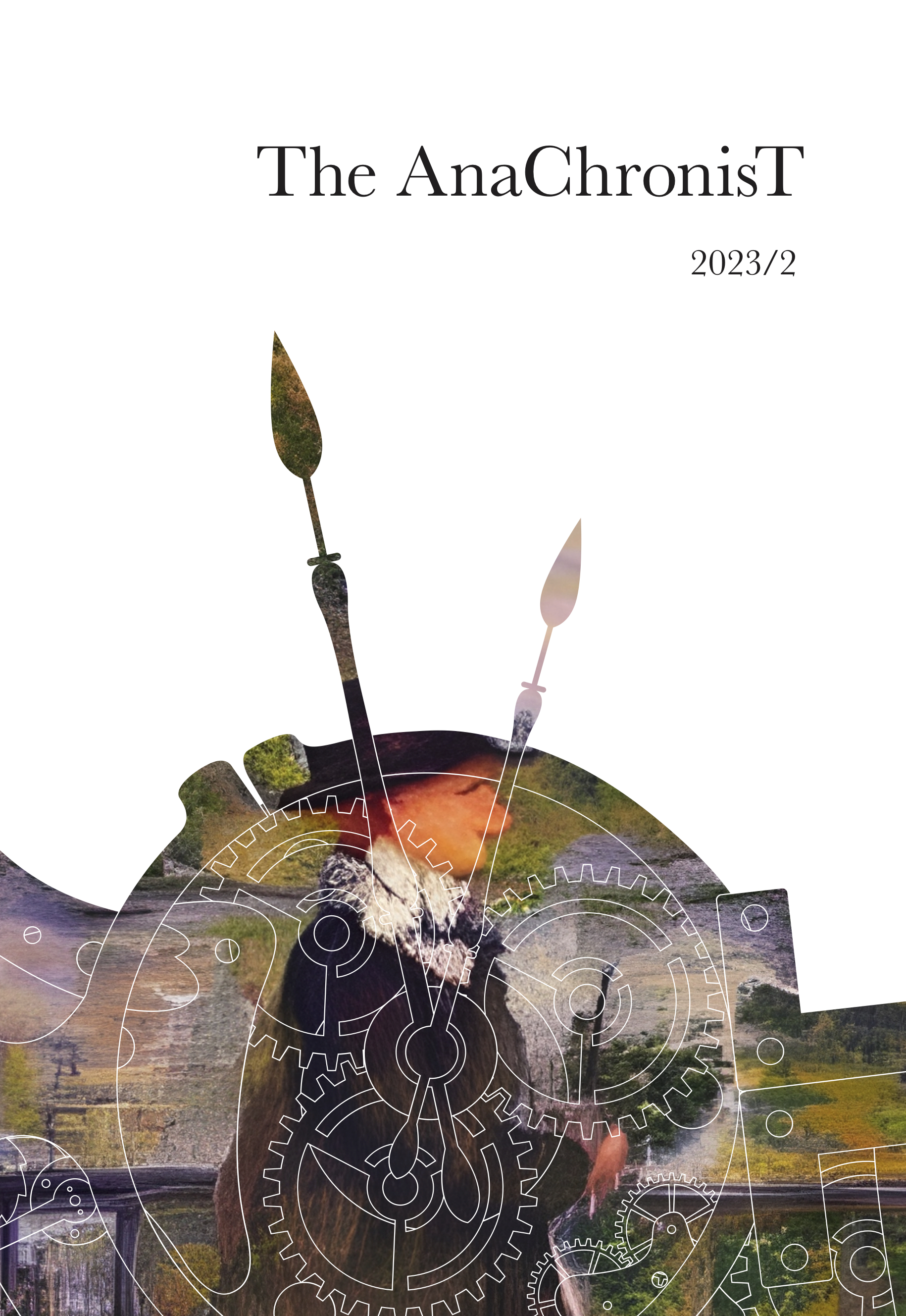The Abject Body of History
Fleshing Trauma in Nadine Gordimer’s “Tape Measure”
DOI:
https://doi.org/10.53720/GUJS6570Keywords:
body;, postcolonial;, history;, trauma;, abject;Abstract
Across the disciplines and ages, the human body has been approached as complex, political, and mysterious. Caught in an intricate socio-cultural fabric, it acquires and projects multiple patterns of symbolism, seized by literature to convey deep realities and perplexing themes. The body has become to be recognised as an eloquent metaphor for postcolonial writers, effectively staging the resistance to colonial practices and discourse. It is from the insides of such a body that the strange voice of a worm emerges and recounts its memories in Nadine Gordimer’s short story, “Tape Measure,” from Beethoven Was One-Sixteenth Black and Other Stories (2007). Drawing on the insights of trauma studies, this paper focuses on the body as a metaphor to show how its use addresses the problematics of memory reconstruction and its limitations in the South African context. The unnatural voice of the worm articulates South African history as an abject “body” marked by “filthy” crimes, proposing the legacy of racism as an “excremental” practice that stains South African reality. The analogy finds its purchase in Julia Kristeva’s theorisation of the “abject” as “lack of cleanliness” and “monstrous”; history, thus, emerges as dark and deformed, and memories are hard to “expel.”

